Currently, Xunkai Li is a third year Ph.D. student of School of Computer Science in Beijing Institute of Technology supervised by Prof. Rong-Hua Li.
Prior to that, he received his B.Eng. degree in computer science department from Shandong University in June 2022.
As an active member of the research team, Xunkai is the organizer or the contributor of scalable graph learning system project SGL 


Email: cs.xunkai.li@gmail.com
Wechat (微信): 18045124943
🌟 🌟 If you are interested in collaborating with me or want to have a chat, always feel free to contact me through e-mail or WeChat :)
My research interests center on Data-centric Graph Intelligence, including Data-centric AI, Graph Machine Learning, and AI4Science, with a focus on developing efficient ML solutions for structured data representation and mining. The goal of my work is to bridge the gap between theoretical advancements and practical applications in real-world industrial and scientific scenarios.
Data-centric AI: Currently, the development of AI faces numerous challenges and technical bottlenecks, which have driven a recent paradigm shift in research methodologies. For instance, many leading LLMs still rely on the Transformer architecture. To break the upper bounds of its representational capacity, research focus is gradually shifting from model-centric approaches to data-centric paradigms. This highlights the increasingly critical role of data. In this context, I pay particular attention to Data-centric LLM Optimization and LLM-based Data Management.
Graph Machine Learning: Graphs, as a universal representation of structured data, play a pivotal role in various domains such as social networks (relationships), recommendation systems (preferences), molecular (atoms and chemical bonds), and protein interactions (spatial geometric conformations). Graph ML, particularly graph neural networks (GNNs), has overcome the limitations of traditional methods by leveraging AI-driven advancements in data mining, offering novel perspectives and more efficient solutions that have accelerated progress in these fields. In this context, I am particularly interested in Graph ML in the era of LLM.
AI4Science: The transformative potential of AI4Science lies in its capacity to revolutionize our understanding and transformation of the world, with profound implications across all aspects of human life. My goal is to advance the practical application of artificial intelligence in scientific domains, driving a new wave of innovation—particularly in Integrating Graph and LLMs into Scientific Researches.
To date, I have published some papers in leading international conferences on ML, DB, DM, and AI, including ICML, VLDB, ICDE, WWW, AAAI, and IJCAI. An overview of my research roadmap is as follows [LLM4Graph, Graph4LLM, Graph&LLM4Science]:
-
Data Quantity: Annotation [arXiv 2025 OGA], Synthesize [arXiv 2025 GraphMaster], and Scalability [WWW 2024 ATP] [VLDB 2024 LightDiC] [arXiv 2025 ScaDyG], Stream (Open-world).
-
Data Quality: Paradigm (Directed, Signed, Hypergraph, Temporal, and Multimodal Attributed Graph) [TKDE 2023 AHGAE] [ICDE 2024 ADPA] [WWW 2025 MAP] and Augmentation (Imbalance, Sparsity, Noise, and Out-Of-Distribution) [arXiv 2025 UltraTAG] [arXiv 2025 LLaTA] [arXiv 2025 LRW-OOD].
-
Data Efficiency: Distillation (Coarsening, Sparsification, Condensation, and Pruning) [VLDB 2025 GEC] [ICML 2025 EDEN], Generalization (Graph Foundation Model) [arXiv 2025 MoT].
-
Data Privacy: Federated [VLDB 2023 FedGTA] [IJCAI 2024 FedTAD] [ICDE 2024 AdaFGL] [IJCAI 2025 FedGM] [VLDB 2025 OpenFGL] [arXiv 2025 FedPG] [arXiv 2025 FairFGL] [arXiv 2025 FedGKC] [arXiv 2025 FedC4] [arXiv 2025 FedGFM] and Unlearning [AAAI 2024 MEGU] [arXiv 2025 SGU] [arXiv 2025 OpenGU].
-
Data Management: Evaluation Benchmark.
-
Data Application: LLM Optimization (Graph4RAG, Graph4Reasoning, Graph4Multimodal, and Graph4Agent) and AI4Science (AI4Protein, AI4Healthcare, and AI4Gene).
🔥 News
- 2025-05: One paper is accepted by ICML 2025.
- 2025-04: One paper is accepted by IJCAI 2025.
- 2025-01: One paper is accepted by TKDE 2025.
- 2025-01: One paper is accepted by WWW 2025.
- 2025-01: One paper is accepted by VLDB 2025.
- 2024-08: One paper is accepted by VLDB 2025.
- 2024-04: One paper is accepted by IJCAI 2024.
- 2024-03: One paper is accepted by ICDE 2024.
- 2024-02: One paper is accepted by VLDB 2024.
- 2024-01: One paper is accepted by WWW 2024.
- 2023-12: One paper is accepted by AAAI 2024.
- 2023-10: One paper is accepted by ICDE 2024.
- 2023-08: One paper is accepted by VLDB 2023.
📝 Publications
First/Co-first Author
# indicates equal contribution

🎯
Xunkai Li, Zhengyu Wu, Kaichi Yu, Hongchao Qin, Guang Zeng, Rong-Hua Li, Guoren Wang
- International Conference on Machine Learning (ICML), 2025, CCF-A.

🎯
Xunkai Li, Daohan Su, Zhengyu Wu, Guang Zeng, Hongchao Qin, Rong-Hua Li, Guoren Wang
- The Web Conference (WWW), 2025, CCF-A.
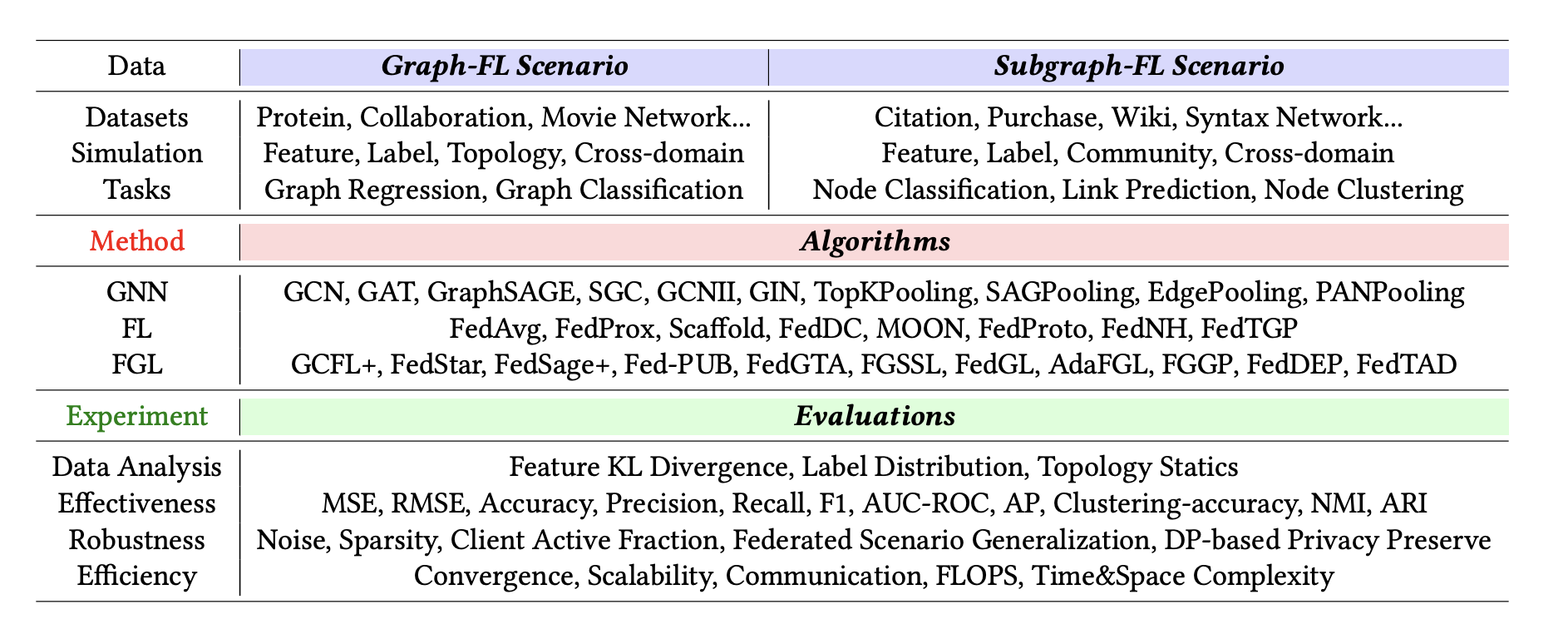
🎯
Xunkai Li, Yinlin Zhu, Boyang Pang, Guochen Yan, Yeyu Yan, Zening Li, Zhengyu Wu, Wentao Zhang, Rong-Hua Li, Guoren Wang
- International Conference on Very Large Data Bases (VLDB), 2025, CCF-A.
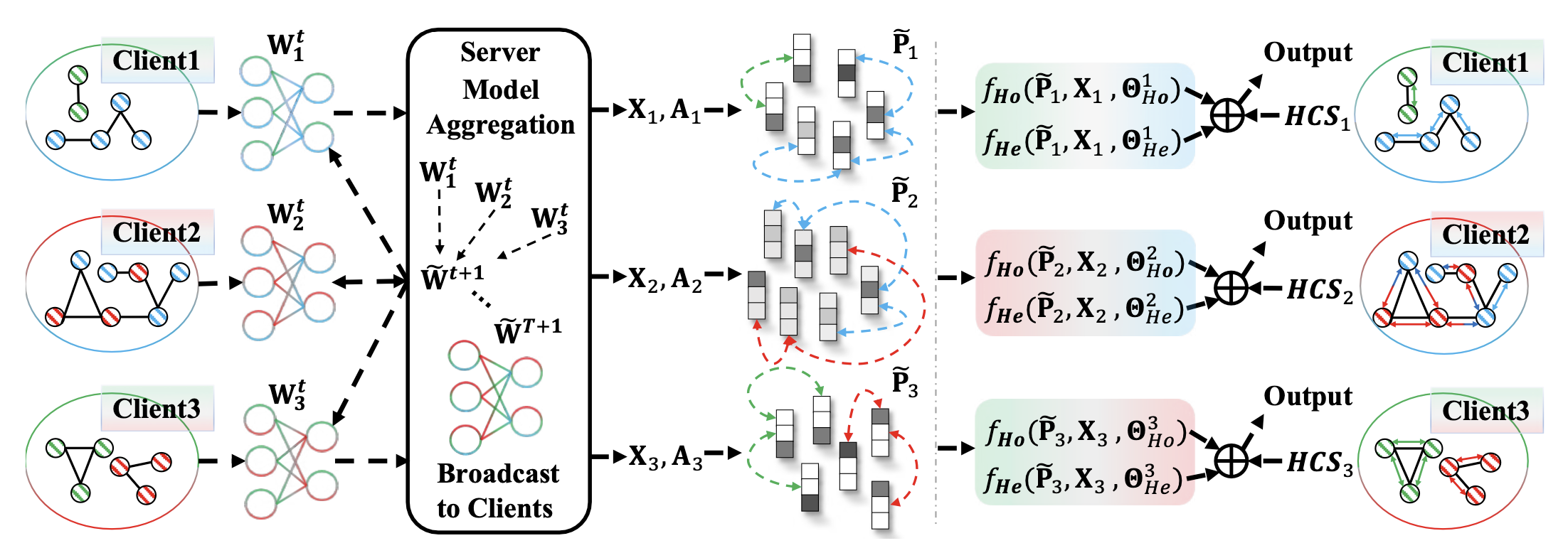
🎯
Xunkai Li, Zhenyu Wu, Wentao Zhang, Henan Sun, Rong-Hua Li, Gouren Wang
- IEEE International Conference on Data Engineering (ICDE), 2024, CCF-A.
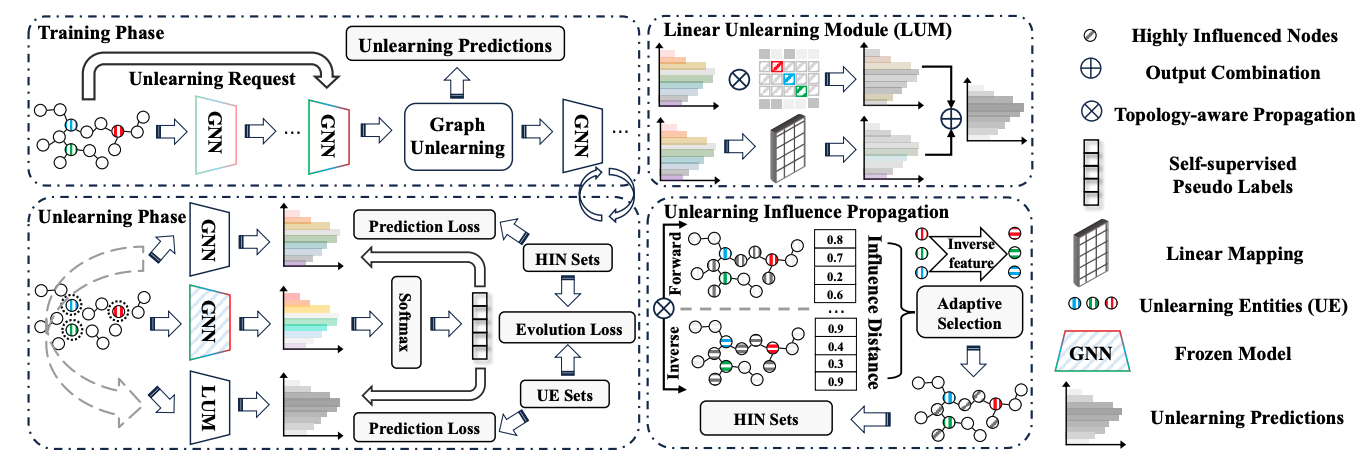
🎯
Xunkai Li#, Yulin Zhao#, Zhengyu Wu, Wentao Zhang, Rong-Hua Li, Gouren Wang
- Association for the Advancement of Artificial Intelligence (AAAI), 2024, CCF-A.
- 🎉🎉 Oral Presentation

🎯
Xunkai Li, Jingyuan Ma, Zhengyu Wu, Daohan Su, Wentao Zhang, Rong-Hua Li, Guoren Wang
- The Web Conference (WWW), 2024, CCF-A.
- 🎉🎉 Oral Presentation
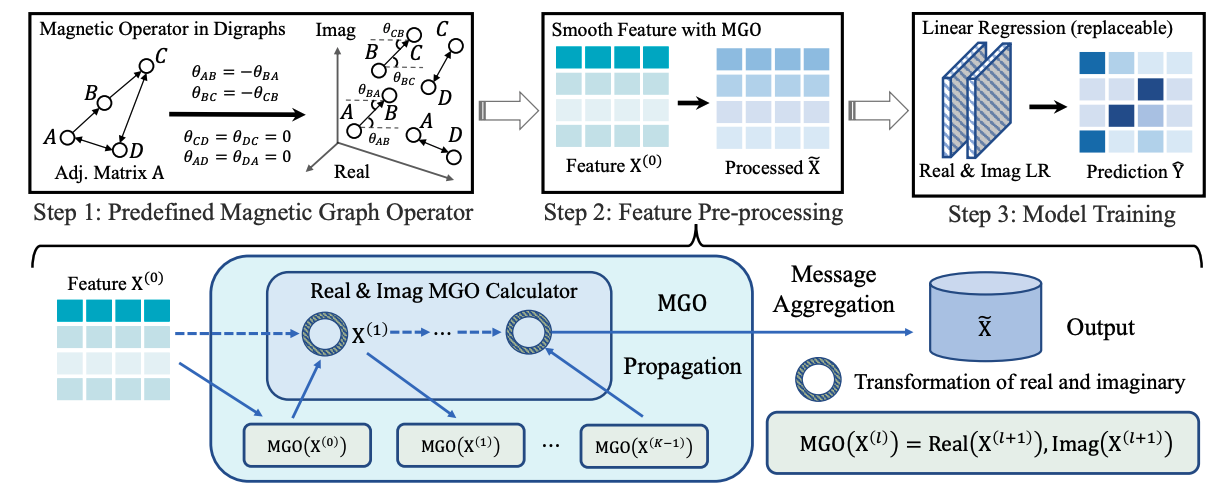
🎯
Xunkai Li, Meihao Liao, Zhengyu Wu, Daohan Su, Wentao Zhang, Rong-Hua Li, Guoren Wang
- International Conference on Very Large Data Bases (VLDB), 2024, CCF-A.
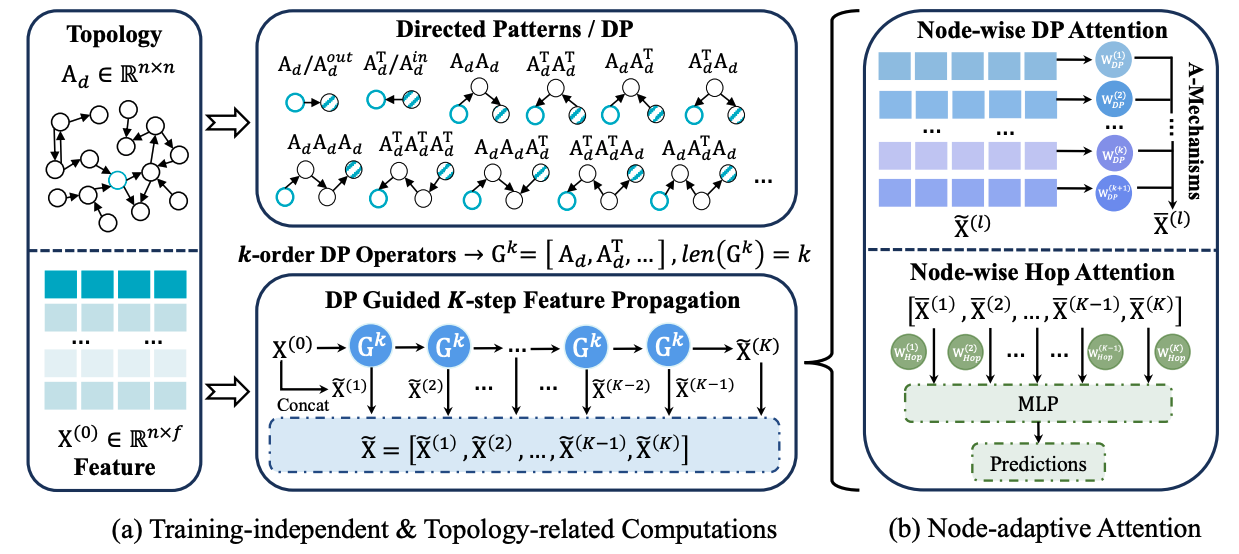
🎯
Henan Sun#, Xunkai Li#, Zhengyu Wu, Daohan Su, Rong-Hua Li, Gouren Wang
- IEEE International Conference on Data Engineering (ICDE), 2024, CCF-A.

🎯
Xunkai Li, Zhenyu Wu, Wentao Zhang, Yinlin Zhu, Rong-Hua Li, Guoren Wang
- International Conference on Very Large Data Bases (VLDB), 2023, CCF-A.
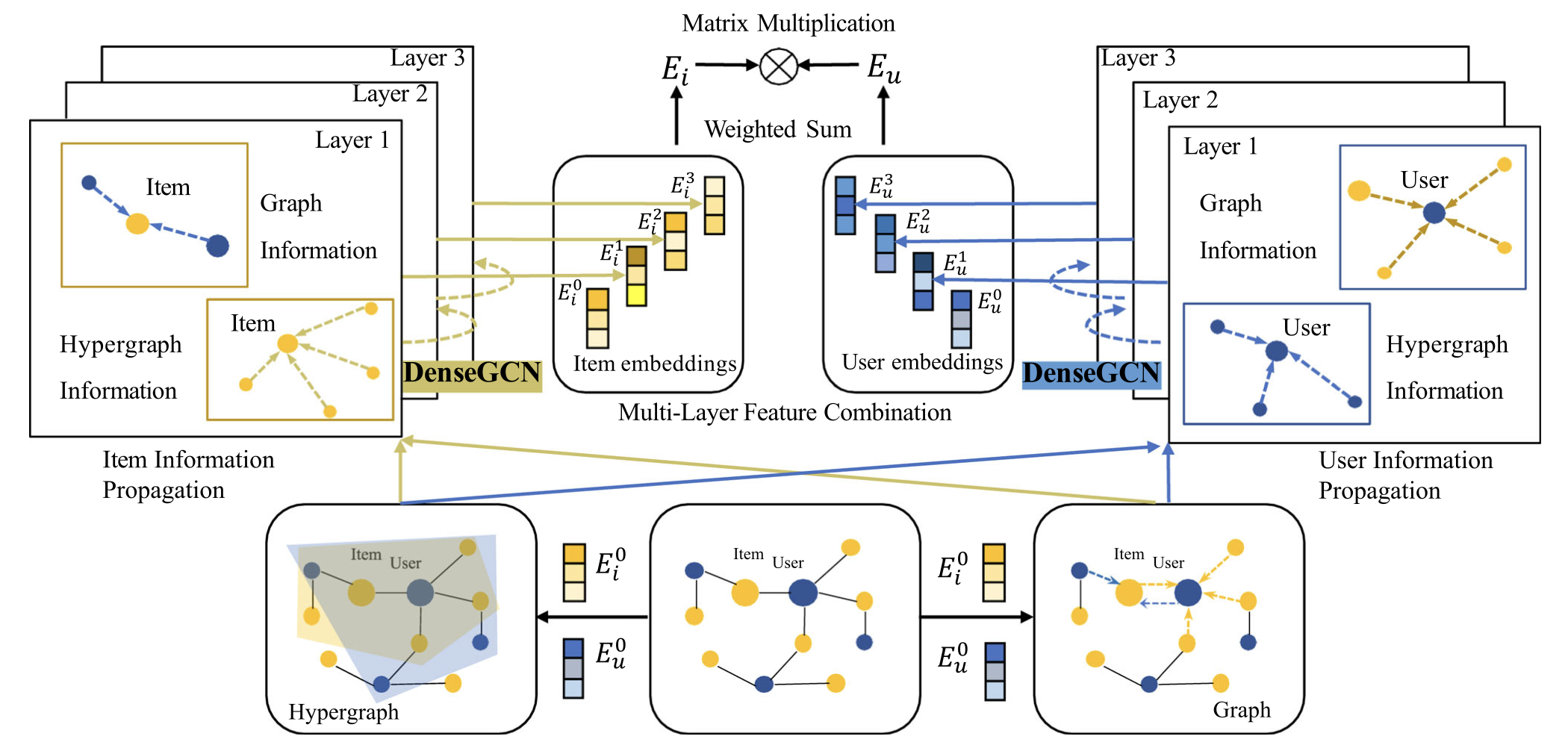

Xunkai Li#, Ronghui Guo#, Jianwen Chen, Youpeng Hu, Meixia Qu, Bin Jiang
- Neural Computing & Applications (NCAA) 2023, CCF-C.
Co-author
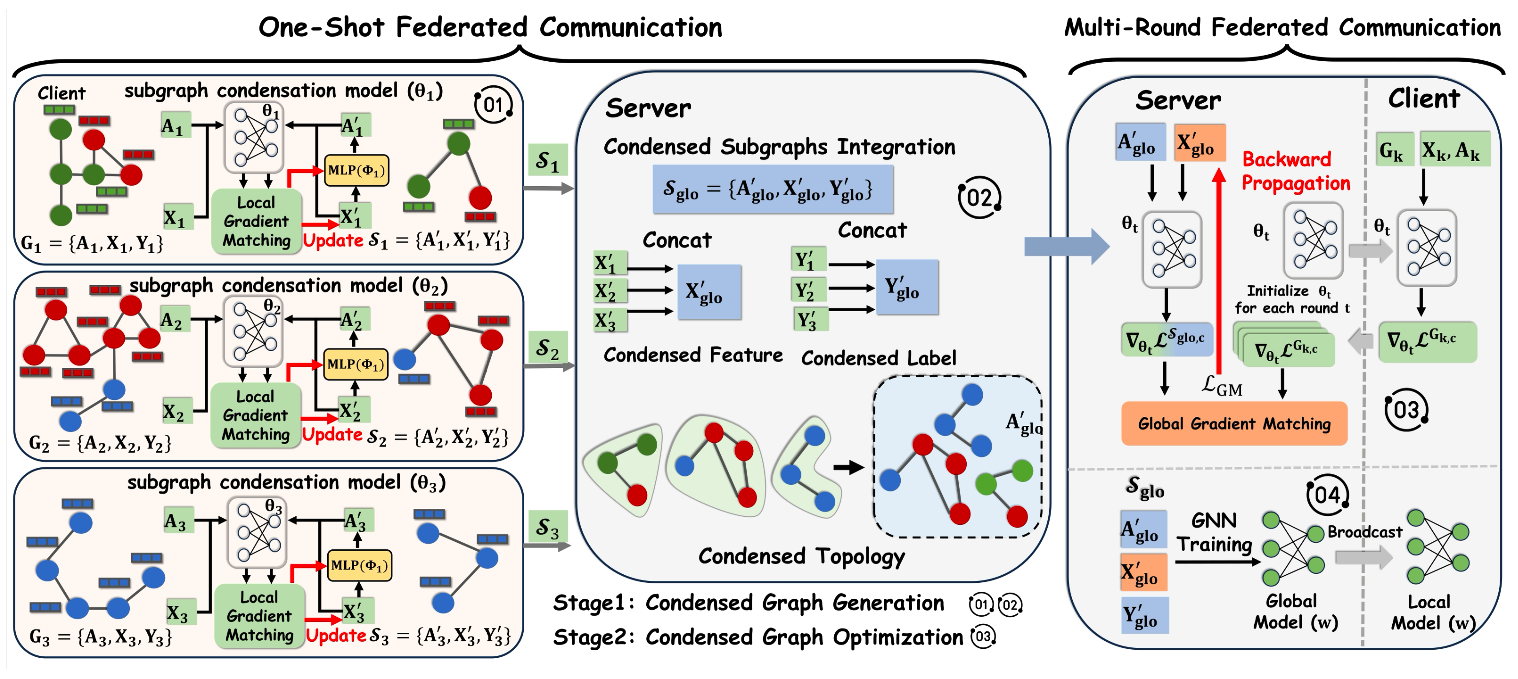
🎯
Hao Zhang, Xunkai Li, Yinlin Zhu, Lianglin Hu
- International Joint Conference on Artificial Intelligence (IJCAI), 2025, CCF-A.
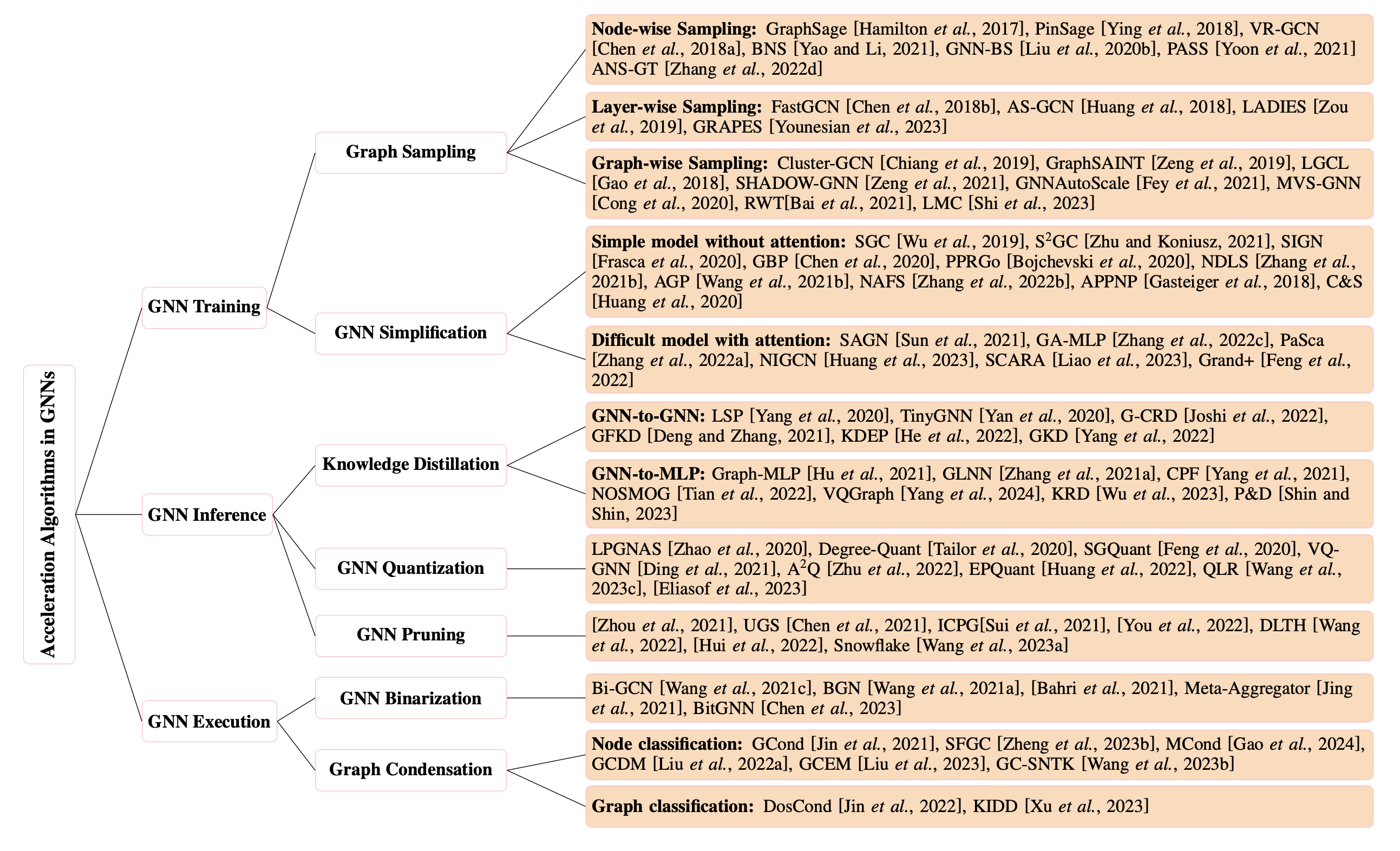
🎯
Lu Ma, Zeang Sheng, Xunkai Li, Xinyi Gao, Zhezheng Hao, Ling Yang, Wentao Zhang, Bin Cui
- IEEE Transactions on Knowledge and Data Engineering (TKDE) 2025, CCF-A.

🎯
Yuchen Meng, Rong-Hua Li, Longlong Lin, Xunkai Li, Gouren Wang
- International Conference on Very Large Data Bases (VLDB), 2025, CCF-A.
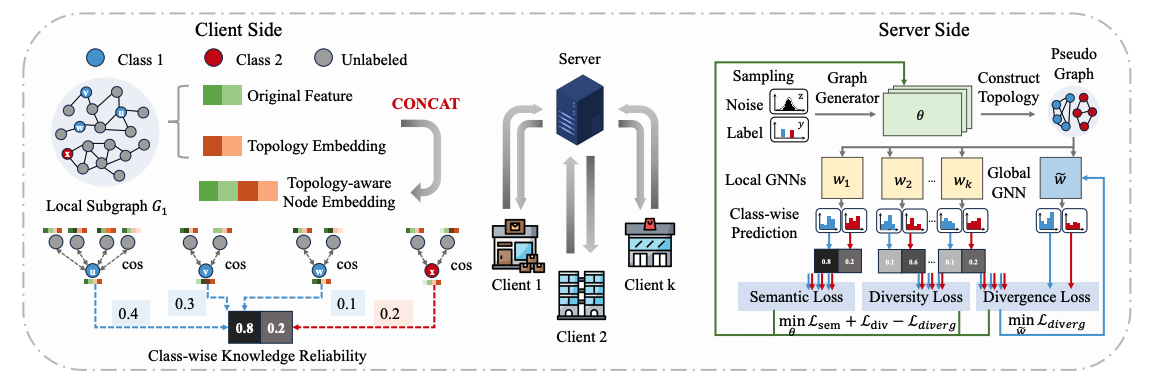
🎯
Yinlin Zhu, Xunkai Li, Zhengyu Wu, Di Wu, Miao Hu, Rong-Hua Li
- International Joint Conference on Artificial Intelligence (IJCAI), 2024, CCF-A.
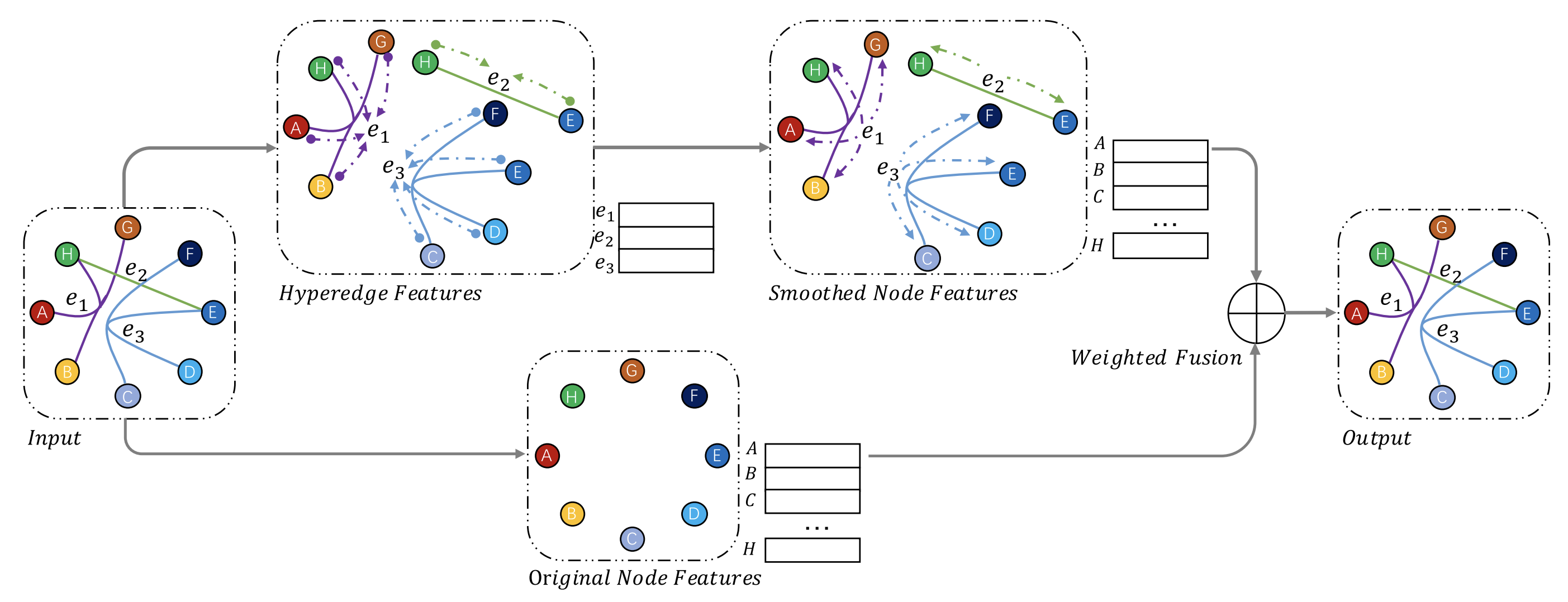
🎯
Youpeng Hu, Xunkai Li, Yujie Wang, Yixuan Wu, Yining Zhao, Chenggang Yan, Jian Yin, Yue Gao
- IEEE Transactions on Knowledge and Data Engineering (TKDE) 2023, CCF-A.
🎯
Qi Lin, Jishuo Jia, Yinlin Zhu, Xunkai Li, Bin Jiang, Meixia Qu
- Neural Networks (NN) 2025, CCF-B.
🎯
Haotong Wei, Yinlin Zhu, Xunkai Li, Bin Jiang
- Neural Networks (NN) 2023, CCF-B.
🎯
Xin Xiong, Xunkai Li, Youpeng Hu, Yixuan Wu, Jian Yin
- Knowledge and Information Systems (IS) 2022, CCF-B.
🎯
Yixuan Wu, Youpeng Hu, Xin Xiong, Xunkai Li, Ronghui Guo, Shuiguang Deng
- Knowledge and Information Systems (KAIS) 2022, CCF-B.
📖 Educations
-
2022.09 - 2028.06 (expected), Ph.D. in Computer Science, Beijing Institute of Technology (BIT)
-
2018.09 - 2022.06, B. Eng in Computer Science, Shandong University (SDU)
🧑💻 Service
- Conference Reviewers:
- ICML, ICLR, NeurIPS, KDD, WWW, AISTATS, AAAI, IJCAI
- Journal Reviewers:
- TKDE, TKDD, TNNLS, TBD
💻 Internships
- Research Intern
- Company/Institution: The Hong Kong University of Science and Technology, Guangzhou.
- Advisor: Prof. Jia Li
- Employment period: From 2/2025 to the present
- Research Intern
- Company/Institution: Ant Group, Alibaba, Beijing.
- Advisor: Researcher Guang Zeng
- Employment period: From 12/2024 to the present
- Research Intern
- Company/Institution: Large Language Model Center, IAAR, Shanghai.
- Advisor: Dr. Zhiyu Li
- Employment period: From 06/2024 to the present
- Research Intern
- Company/Institution: DCML Group, Peking University
- Advisor: Prof. Wentao Zhang
- Employment period: From 10/2021 to the present
- Research Intern
- Company/Institution: iMoon Lab, Tsinghua University
- Advisor: Prof. Yue Gao
- Employment period: From 06/2020 to 06/2021
